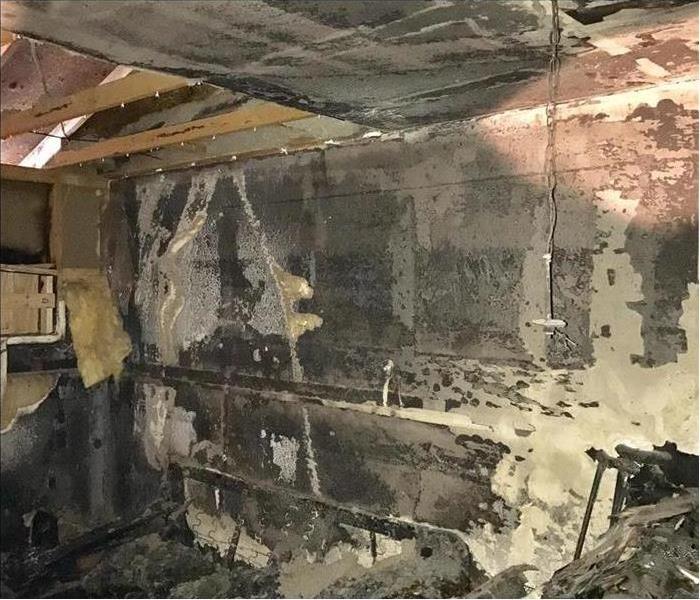After an Apartment Fire, Who’s Responsible for Damages: Landlord or Tenant?
7/7/2020 (Permalink)
After an Apartment Fire, Who’s Responsible for Damages: Landlord or Tenant?
Many people who choose to rent do so because renting comes with less responsibility than owning. Most aspects of building ownership fall to the landlord, including building maintenance, lawncare, property taxes, and repairs. However, tenants still have some obligation to keep the property safe and clean, an obligation that comes into question following an apartment fire. If you own a commercial building, and if you wonder who pays for fire damage — you or the tenant — know that the answer depends on a few different factors:
- The type of damage sustained
- Who started the fire
- State laws
Each of these factors plays into the legal liability following a commercial fire.
Property Vs. Personal Damage
In most cases, who pays for damages largely depends on the type of damage that occurred. When it comes to structural damages, such as damage to the walls, cabinetry, countertops, and plumbing, you, the landlord, must pay. However, the tenant is responsible for the loss of personal property, such as clothing, electronics, and jewelry, following an apartment fire.
Fault
The standard way of dealing with fire damage may not apply if one party can prove, without a doubt, that the other was wholly responsible for the fire. For instance, if a tenant informed you about water damage on the ceiling near an electrical wire, and if you failed to act within a reasonable time to remedy the issue, you may have to pay for all damages caused by an ensuing fire. “All damages” include loss of personal property, relocation expenses, lost wages, and the cost of new housing.
On the other hand, if you can prove the tenant’s negligence caused the fire, the tenant may have to pay for structural damages. Negligence may include falling asleep with a cigarette in hand or having a bonfire too close to the structure.
State Laws
Many states require landlords to keep rental units “habitable.” If a small apartment fire results in damages to an aspect that renders the unit uninhabitable, such as the toilet or kitchen sink, you may have to pay for repairs, regardless of fault.
You can minimize the cost of fire damage by acting quickly. A fire restoration company in Clearwater, MN, can help you restore your unit in the most cost-effective and efficient way possible.





 24/7 Emergency Service
24/7 Emergency Service
